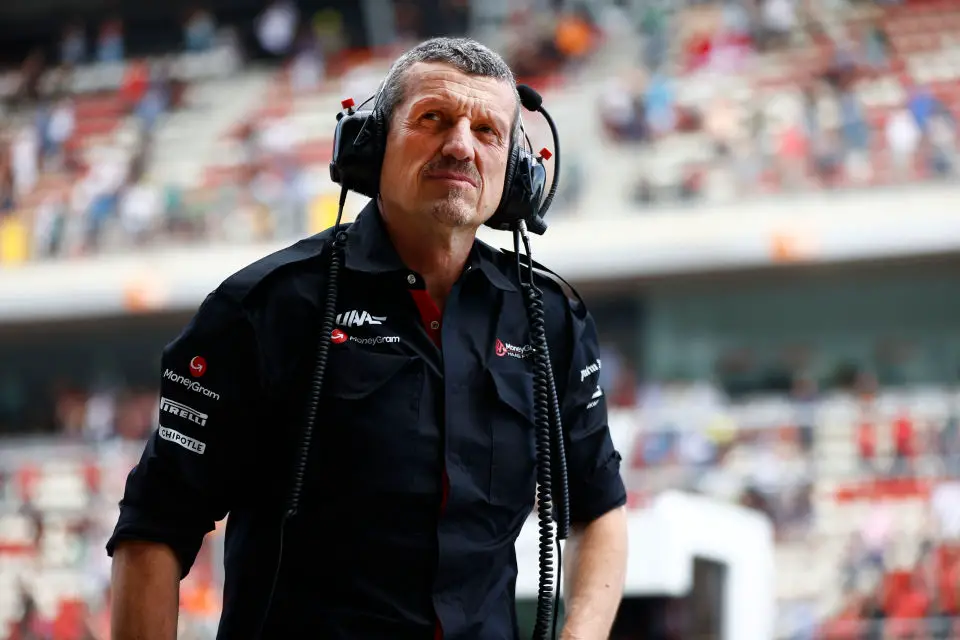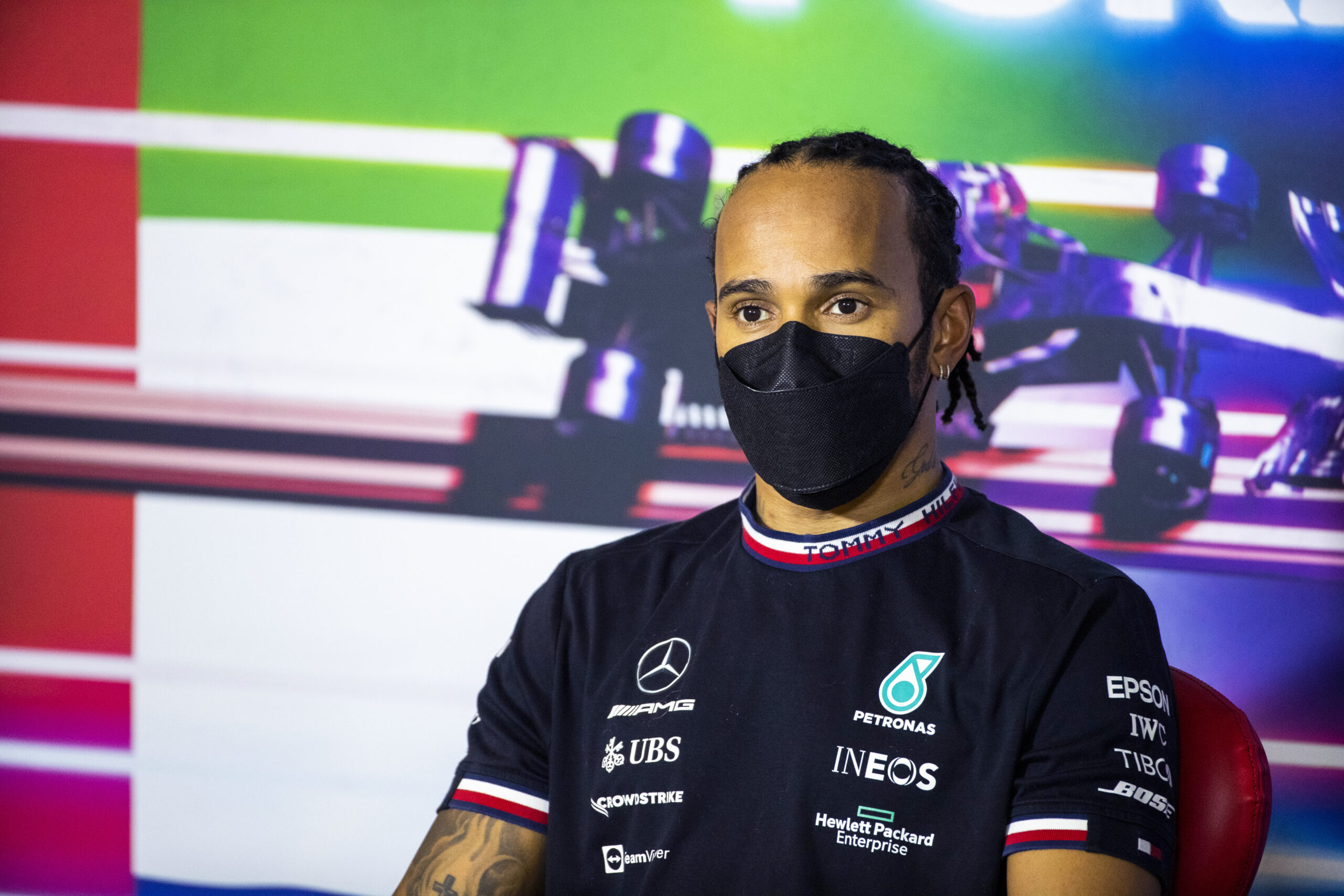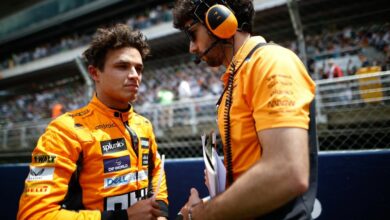Haas F1 Team’s Shift Away from Rookie Drivers: Steiner’s Strategic Vision
In a revealing interview, Haas F1 Team Principal Guenther Steiner has expressed his reluctance to field rookie drivers, following the team’s challenging experience in 2021. This statement aligns closely with Haas’s recent moves in the driver market, opting for more experienced talents.
Key Takeaways:
- Rookie Challenges in 2021: Haas’s decision to field rookies Nikita Mazepin and Mick Schumacher in 2021 led to a challenging season, with the team finishing last in the Constructors’ Championship. This experience has significantly influenced Steiner’s perspective on rookie drivers.
- Strategic Driver Changes: Following the 2021 season, Haas replaced Mazepin with Kevin Magnussen in 2022 due to geopolitical reasons, and Nico Hulkenberg took Schumacher’s place in 2023. These changes underscore Haas’s shift towards more experienced drivers to improve performance.
- Future Prospects and Testing Opportunities: Steiner acknowledges the limited testing opportunities for young drivers but suggests alternative avenues like running older cars and participating in FP1 sessions. Despite the challenges, Haas provided Ferrari Academy driver Oliver Bearman with FP1 tests in 2023.

The Haas F1 Team, under the leadership of Guenther Steiner, has undergone a significant transformation in its approach to driver selection. This change in strategy comes after the team’s experience in the 2021 season, where rookies Nikita Mazepin and Mick Schumacher struggled to make an impact, leading the team to finish at the bottom of the Constructors’ Championship.
Steiner’s recent comments to RacingNews365 reflect a clear shift in philosophy. He emphasized the difficulties faced with a rookie lineup, stating, “I mean, I think we learned enough to say that two rookies are more than a handful. It would be very difficult.” This perspective is a departure from the team’s earlier strategy and highlights the challenges newer drivers face in the high-pressure environment of Formula 1.
The team’s decision to replace Mazepin with Kevin Magnussen in 2022, following the Russian invasion of Ukraine, and Nico Hulkenberg’s replacement of Schumacher in 2023, further underscores Haas’s preference for seasoned drivers. These strategic changes indicate a focus on leveraging experience to climb the Constructors’ Championship standings.
Despite the apparent shift away from rookies, Haas still acknowledges the importance of nurturing young talent. Steiner commented on the testing limitations for young drivers, saying, “What is enough? Obviously you can say, no, but then again, we don’t want testing because then we go out and test the cars and spend money, money, money.” He suggests that running with older cars and participating in Free Practice 1 sessions (FP1s) are viable ways for young drivers to gain experience.
In line with this, Haas offered Ferrari Academy driver Oliver Bearman an opportunity to participate in two FP1 tests during the 2023 season, as per the regulations requiring teams to allocate a car’s seat in two practice sessions to young drivers.
As the 2024 season approaches, Haas’s current driver lineup is set to continue until the end of that year. With young drivers seemingly off the table for the main driver roles, it will be interesting to see how the team balances its need for experienced drivers with the development of new talent in the competitive world of Formula 1.




